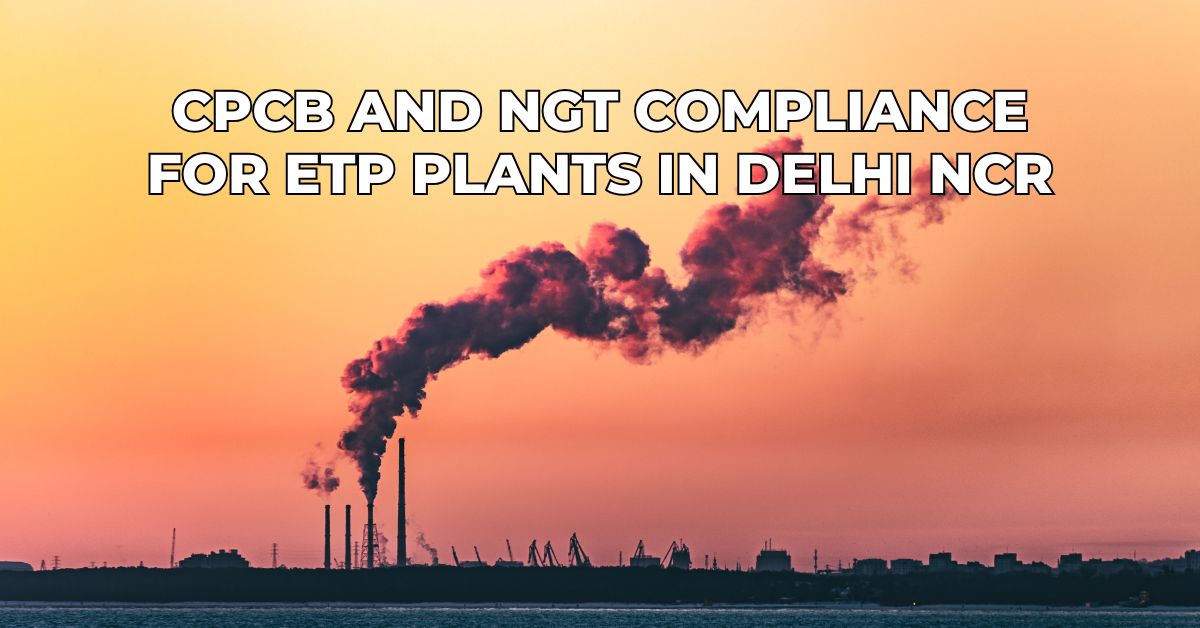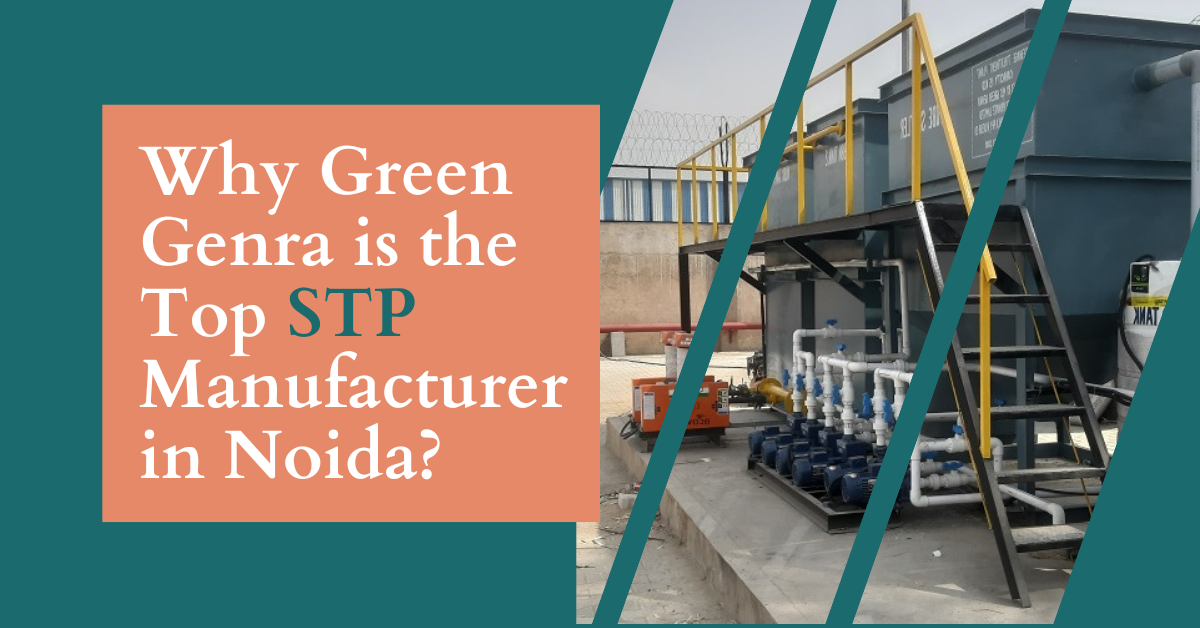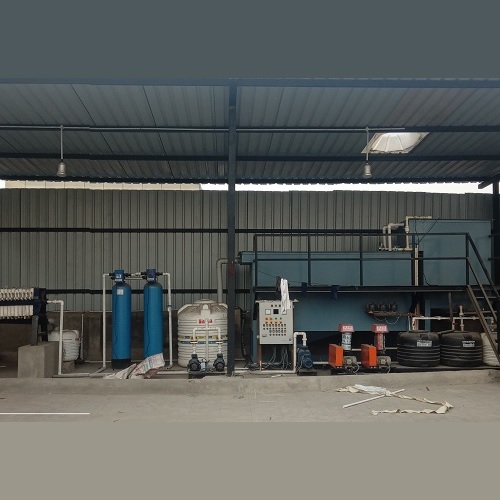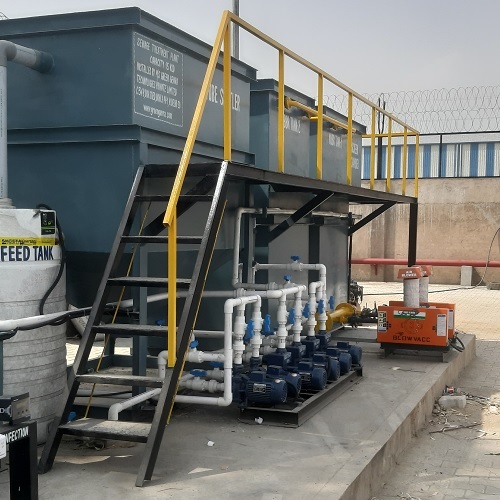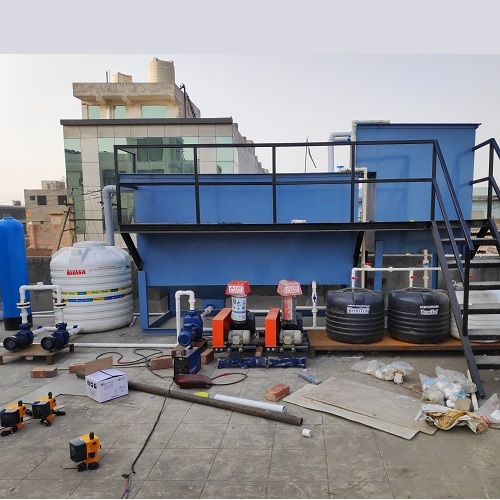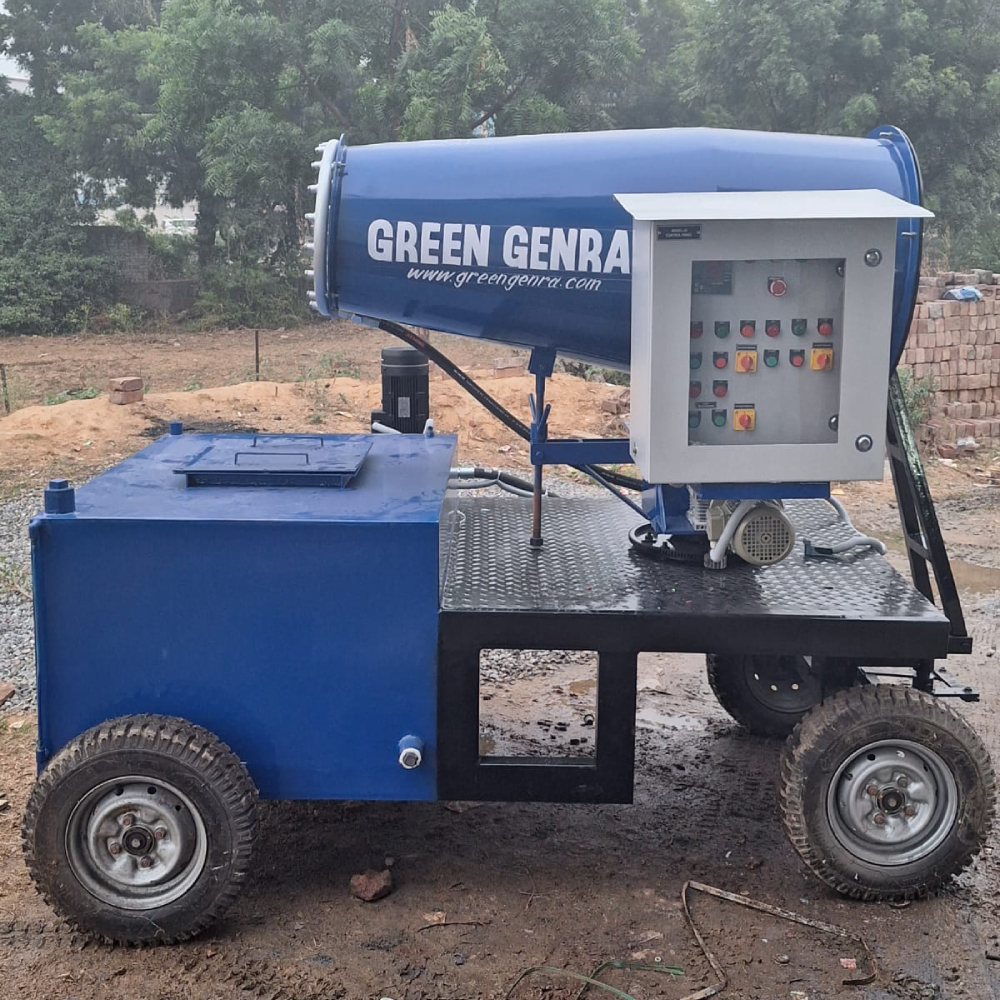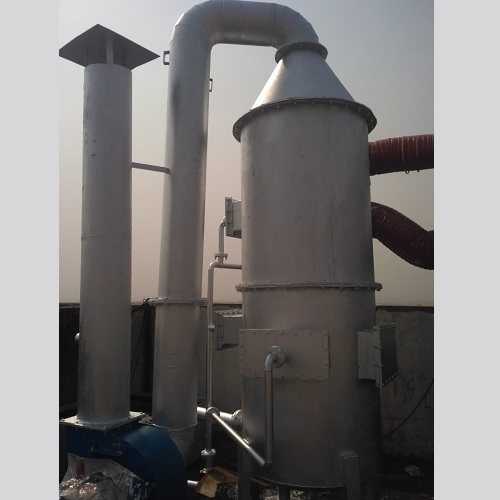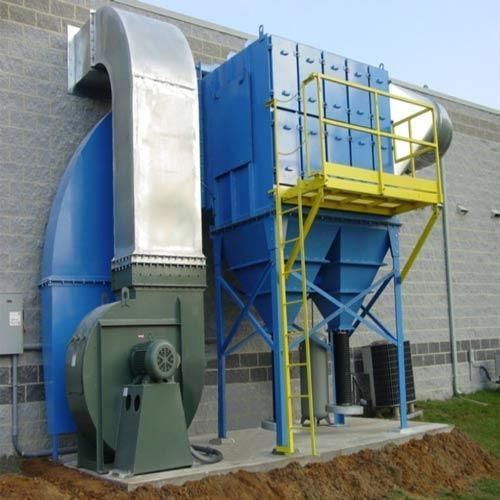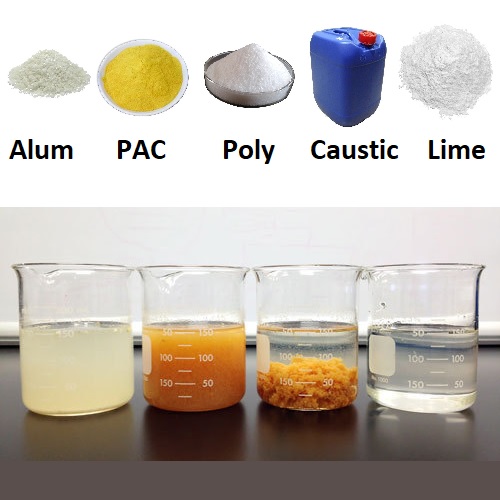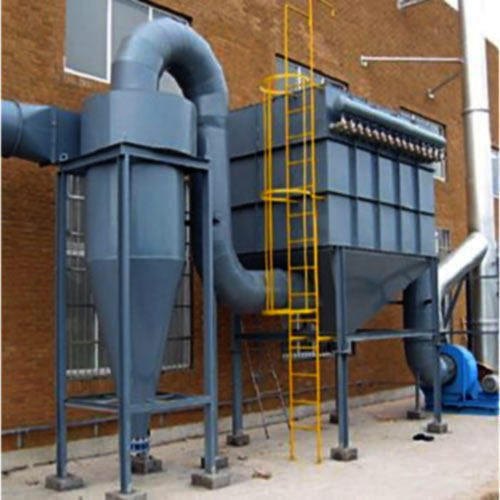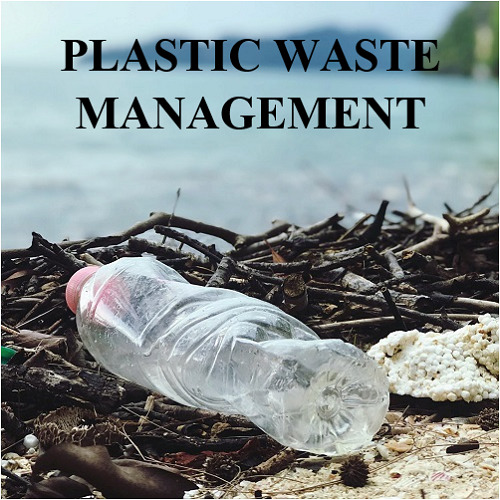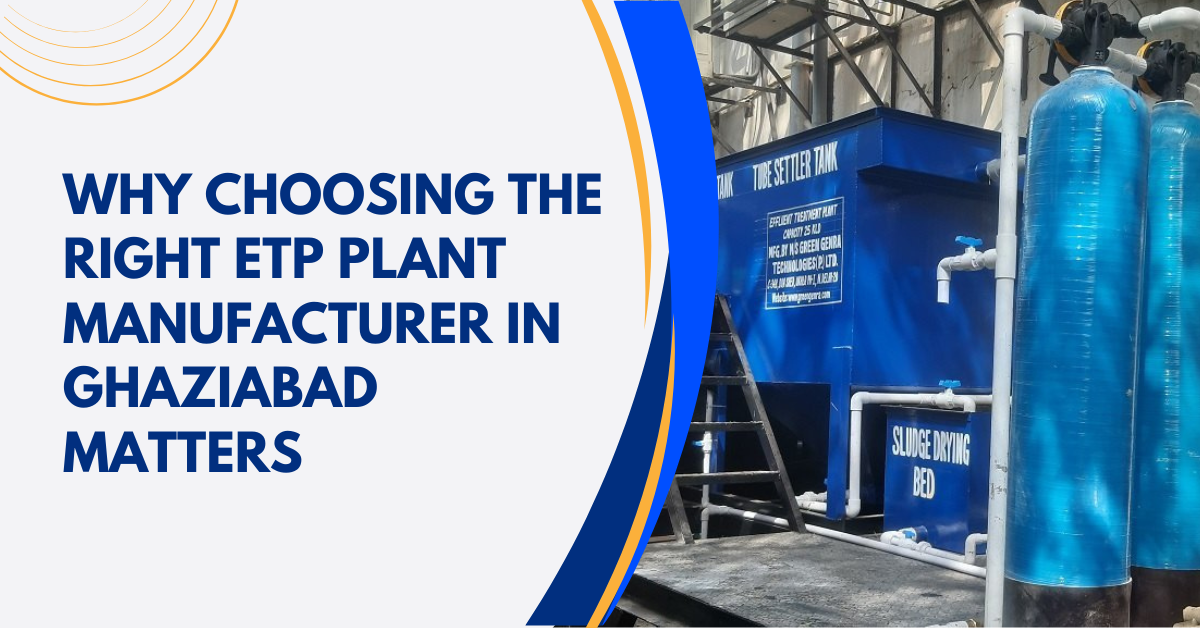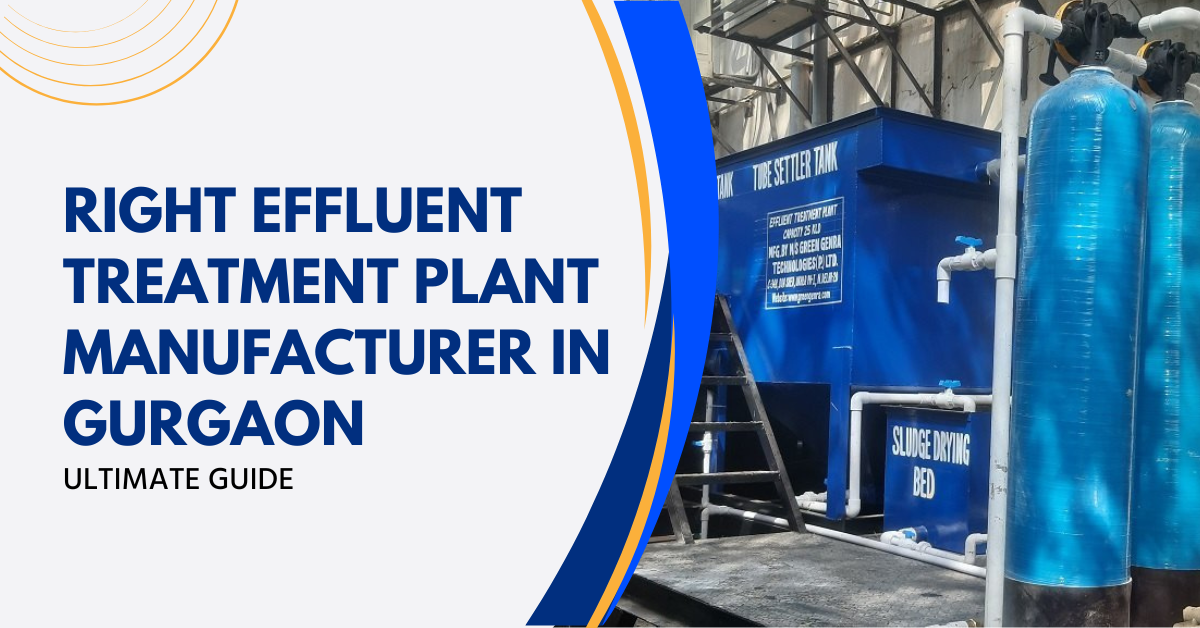Water Expo 2025 in New Delhi 28-30 August 2025 | Pragati Maidan, New Delhi India 20th Everything About Water Expo 2025 ...
Air pollution linked to raised Covid-19 death risk
High levels of air pollution could raise the risk of dying from Covid-19, two studies suggest.
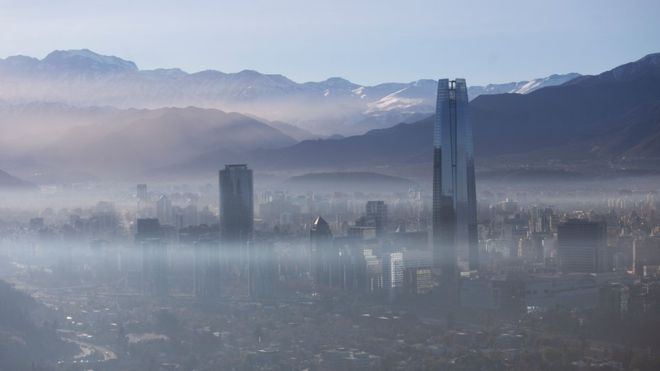
Dr Maria Neira, of the World Health Organization (WHO), told BBC News countries with high pollution levels, many in Latin America, Africa and Asia, should ramp up their preparations.
Those with underlying pollution-related conditions have developed severe Covid-19 in countries with high levels.
But medical professionals say it is too early to prove a direct relationship.
"We will be doing a map of most polluted cities based on our database to support national authorities in these regions so that they can prepare their epidemic response plan accordingly," Dr Neira said.
A US study suggests Covid-19 death rates rise by about 15% in areas with even a small increase in fine-particle pollution levels in the years before the pandemic.
"Patterns in Covid-19 death rates generally mimic patterns in both high population density and high [particulate matter] PM2.5 exposure areas," the Harvard University report says.
These particles, one-30th the diameter of a human hair, have previously been linked to health issues including respiratory infections and lung cancer.
The Harvard study has not yet been peer reviewed but Ludwig Maximilian University of Munich chair of epidemiology Air pollution linked to raised Covid-19 death riskProf Annette Peters told BBC News its findings "are in line with earlier reports on hospitalisation and mortality due to pneumonia".
"It is one of the first studies substantiating our suspicion and the hypothesis that severity of the Covid-19 infection may be augmented by particulate matter air pollution," she said.
Report author Prof Francesca Dominici said: "We hope it will help stop the air quality from getting worse, particularly when we are hearing about authorities trying to relax pollution rules amid this pandemic."
Another study, at the University of Siena, in Italy, and Arhus University, in Denmark, suggests a possible link between high levels of air pollution and Covid-19 deaths in northern Italy.
The Lombardy and Emilia Romagna regions had death rates of about 12%, compared with 4.5% in the rest of Italy.
The study, published in Science Direct, says: "The high level of pollution in northern Italy should be considered an additional co-factor of the high level of lethality recorded in that area."
Population, age, differing health systems, and a variation in prevention policies across regions should also be taken into account.
Meanwhile, in the Philippines, Cesar Bugaoisan, of the Association for Respiratory Care Practitioners, said: "In our preliminary data, almost all of the dead individuals in the country due to coronavirus had pre-existing conditions, most of them linked to air pollution."
Air pollution already kills about seven million people every year, the WHO says.
And more than 90% of the world's population live in places where air pollution exceeds its guideline limits, mostly in poor countries.
Many of the affected countries are in South Asia, the Middle East, sub-Saharan and North Africa, according to a World Bank report last year.
Cities in Chile, Brazil, Mexico and Peru also have dangerous levels of air pollution, according to several WHO and United Nations reports.
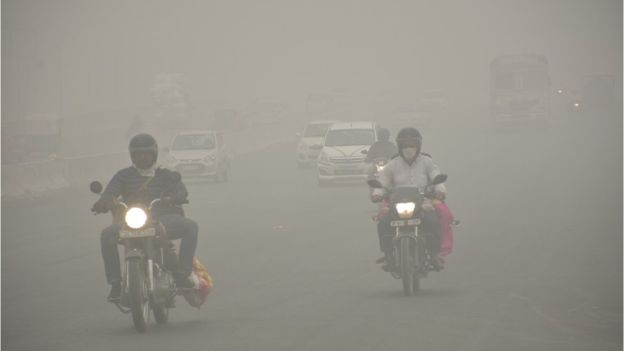
But the World Air Quality Report 2019 suggests India has the most cities with high air pollution levels.
India has recorded 521 Covid-19 deaths so far.
Dr S K Chhabra, pulmonary department head at Primus Super Speciality Hospital, in Delhi, said: "If we see a significant rise in the spread of the virus, people with underlying conditions because of air pollution will definitely be the worst affected."
And Public Health Foundation India president Prof Srinath Reddy said: "If air pollution has already damaged the airways and lung tissue, there is reduced reserve to cope with the onslaught of coronavirus."
But Dr Rajni Kant Srivastava, of the Indian Council for Medical Research, said: "There is not enough evidence and we have also not carried out any such study."
The 2002 severe acute respiratory syndrome (Sars) outbreak, caused by a different strain of coronavirus, infected more than 8,000 people, in 26 countries, and killed almost 800.
And a 2003 University of California, Los Angeles study suggested people from areas of high air pollution were more than twice as likely to die from the disease.
Also Read: The Lockdown Cleaned the Ganga More Than ‘Namami Gange’ Ever Did
Source: BBC News

































Effluent Treatment Plant (ETP) from reliable ETP Plant Manufacturers play a key role in reducing industrial pollution by trea...
With the increasing levels of water contamination in Ghaziabad because of growing industries and a growing population, wastew...
Green Genre is one of the best STP manufacturers in Noida that designs, produces and installs sewage treatment plants in vari...
Effluent Treatment Plants or ETPs are important for industries in Ghaziabad to ensure environmental compliance ensuring effec...
An effluent Treatment Plant or ETP is a crucial investment for industries seeking to manage wastewater according to environm...
ETP or the Effluent Treatment Plant is designed to treat industrial wastewater by removing harmful chemicals, contaminants an...

